The late Pranab Mukherjee’s book, saying the leadership lost ‘political focus’ in 2014, exposes a gestational freeze in the party
In his lifetime, Pranab Mukherjee was a measured man, always walking the middle ground, rarely vocalising his innermost thoughts and particularly careful about representing the party he lived and rose by — the Congress. He may have had a complicated relationship with the party leadership but always had workarounds to get things going and never made it public. If Ahmed Patel virtually ran the party, Pranab babu ran the Government and both built their relevance and indispensability across three generations of the Gandhis. There was one key difference though; Patel was never keen on the limelight but Mukherjee harboured prime ministerial ambitions. And though everybody knew about it, the latter never articulated that wish and even in his memoirs, he skirted such controversial issues that would have made for best-selling fodder. But looks like he had dropped guard in the last of the series of his autobiography, The Presidential Years, and did some plainspeak and revealed some home truths. This is the most overt of Mukherjee’s analysis of the drift in the Congress, ironically coming at a time when party veterans are increasingly clamouring for inner-party democracy and an elected rather than an entitled leadership. For Mukherjee’s account seems to only confirm that the party’s top leadership had not been addressing the stasis in the party since 2014. The late President seems to have attributed the Congress’ defeat in the Lok Sabha elections of 2014 to the lack of connect party chief Sonia Gandhi had with cadres and Prime Minister Manmohan Singh’s absence from the House and little to no interaction with MPs. And giving credence to the dissenting “letter writers” of today, he has said that “some members of the Congress” believed that had he been Prime Minister, the party would not have lost power. And in possibly his strongest words yet establishing his weightage as a stabiliser, he says the Congress leadership “lost political focus” after his elevation as President. And that this cost governance that Narendra Modi took advantage of with his autocratic boldness. The revelations couldn’t have come at a worse time for the Congress, which seems frozen in a mess of its own making. And considering the way 23 of the party’s senior loyalists were sidelined in August for writing a "dissent letter" and pleading for inner-party democracy, the party’s first family, the Gandhis, have decided that their writ, that is no longer earned but rests solely on history, will not be challenged even if the party hurtles down the road to perdition. Still, some letter writers like Kapil Sibal and Ghulam Nabi Azad renewed calls to rescue the moribund party after its dismal performance in the Bihar Assembly elections. But like every other time, they have been called out for making intra-party matters public and subdued all over again. Through their letter, the leaders had only suggested ways and means of reviving the Congress, that too by staying within the provisions and democratic processes already laid down in the party’s constitution. The Congress last held CWC elections in 1998 and understandably this is the reason for the turmoil and impatience in the party where worthy leaders, who have worked their way up from the ground, have no say whatsoever.
The point is will the Congress ever give up its dynastic stubbornness and risk the anointment of Rahul Gandhi as Congress chief again on nomination or an election? Perhaps to neutralise the noise over the party’s future strategies and reel in allies to prop it up once more, Sonia has herself indicated her desire to step down as chairperson of the Congress-led Opposition bloc, the United Progressive Alliance (UPA). And there is talk of former Nationalist Congress Party (NCP) chief Sharad Pawar assuming that role, though he has denied it. Pawar could be the counterweight to the criticism of Gandhi dominance in matters political. Besides, the Maratha strongman is well-versed in managing coalition politics as he has largely managed to keep the ideologically divergent Congress-NCP-Shiv Sena frictionless. This in the face of rabid attacks by the BJP, still smarting at having lost out to the Sena. In fact, Pawar could very well be the adhesive that the Congress and its allies need. For though the Opposition mahagathbandhan was swept away by the Modi wave in 2019 because of its less-than-spirited unity, some images remain significant. Like that of NCP chief Sharad Pawar as sheet anchor, with chief organiser and Trinamool Congress supremo Mamata Banerjee constantly relying on his good advice and all regional leaders paying him obeisance. Surely the Maratha strongman and quintessential politician of the old guard would command respect and deference. Given his pan-India acceptability and recognition and the fact that there are suspicions and anxieties about the national leadership abilities of regional satraps, he could well emerge as the leader of a combined federal front, one who could be listened to. This is significant considering that many federal leaders are not comfortable negotiating with the younger Gandhi scions. And after the NCP’s consensus with the Congress in Maharashtra, the former Congressman is not being seen as a one-time rebel but as a newly-returned ally for the grand old party. Besides, he has held important Central ministries all along. Pawar likes to be a grandmaster and the Congress could do with his skills to bounce back with federal allies. Already, given that it dragged down the Rashtriya Janata Dal (RJD) in Bihar, its prospective partners in the Bengal and Tamil Nadu Assembly elections, the Left and the DMK, are worried about its vote-cutting rather than vote-harvesting capacity. Particularly in Bengal, it would only end up being a spoiler, assuming it does perform, or boost the BJP’s polarisation agenda. Yet Pawar can paper over rifts and misunderstandings. The Congress leadership has to respect the stakeholdership of its cadres first.







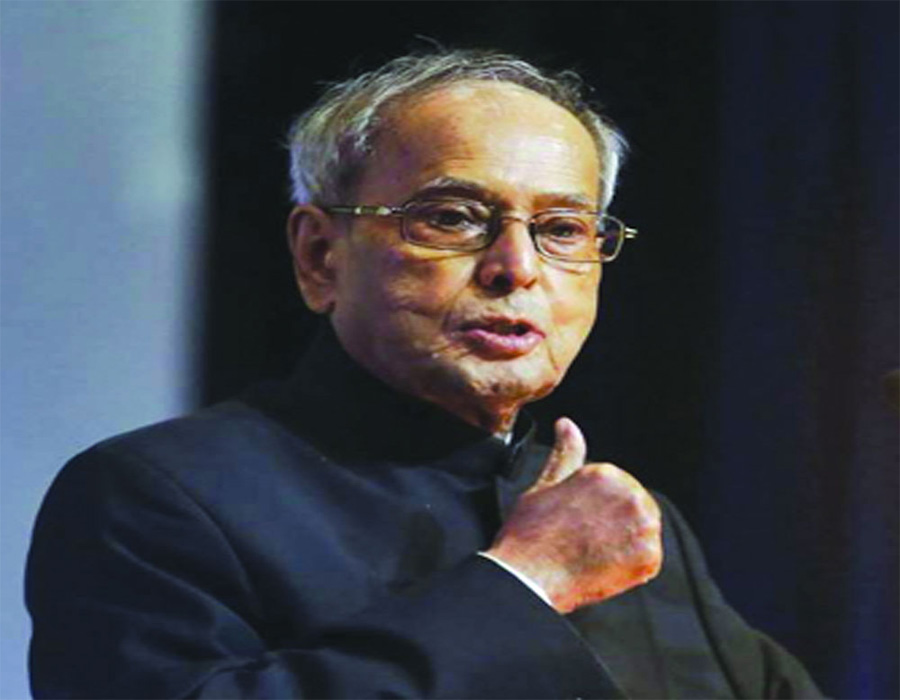
 OpinionExpress.In
OpinionExpress.In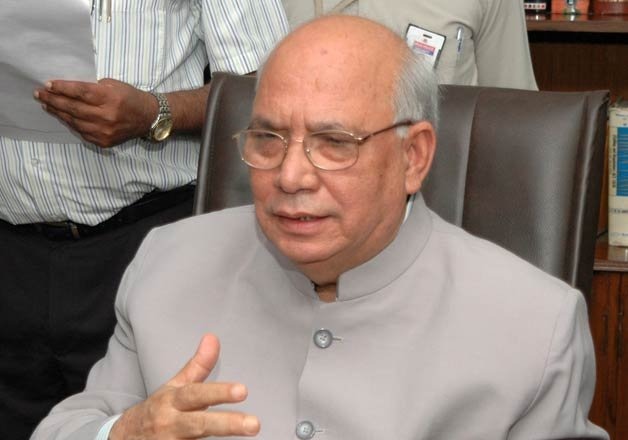
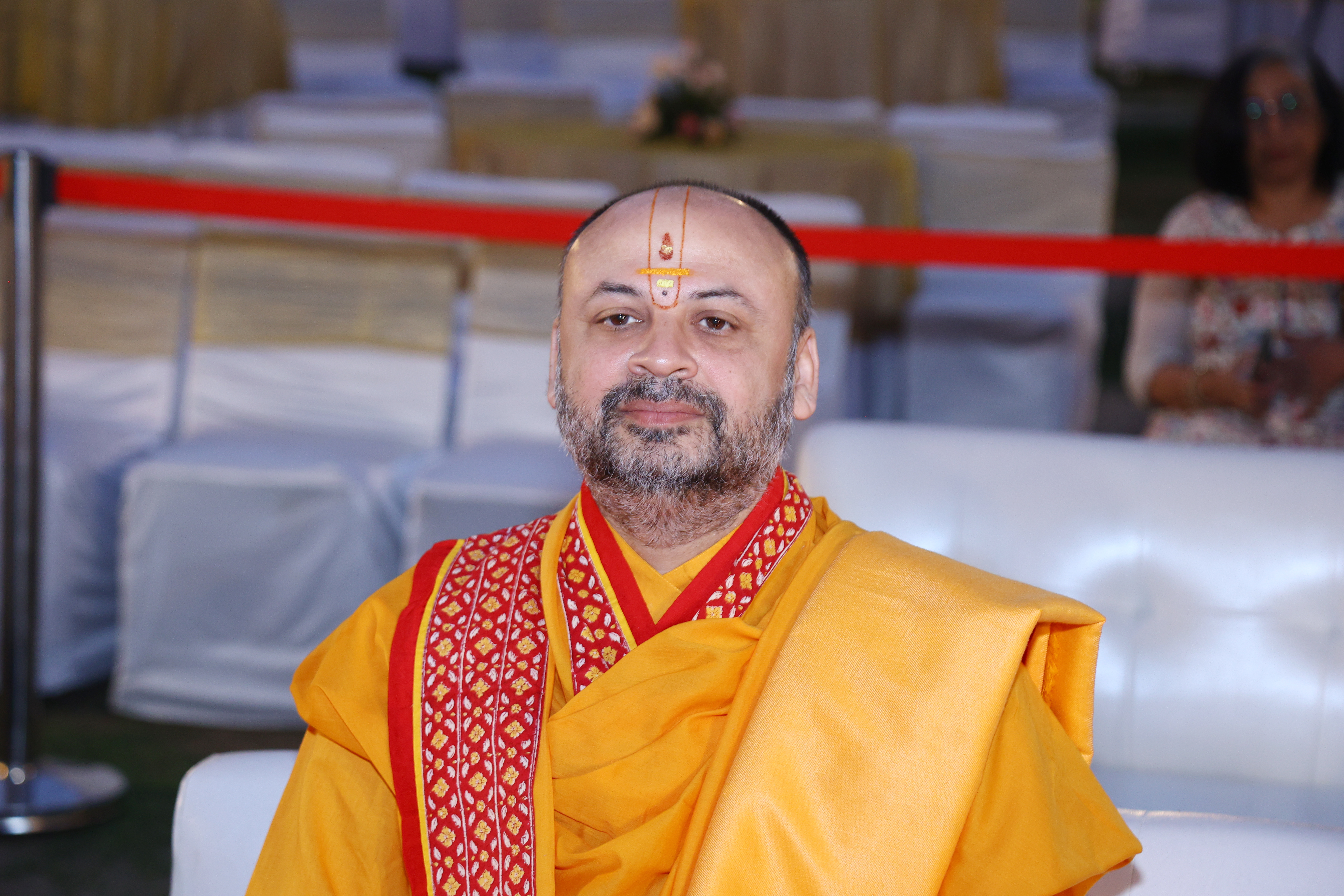

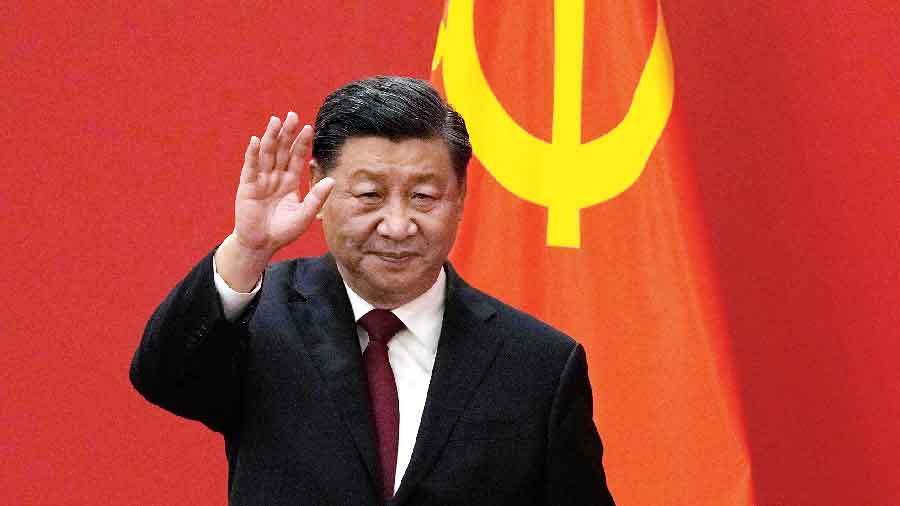


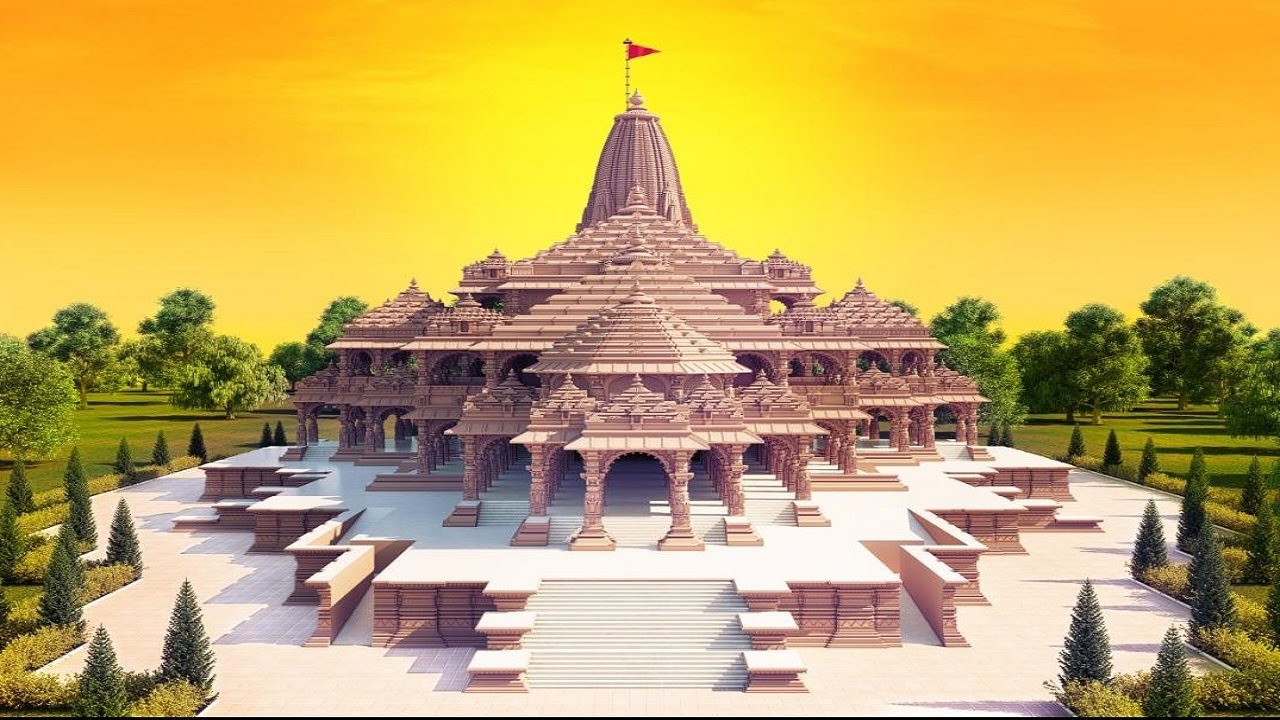
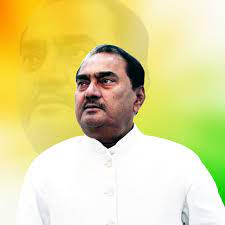
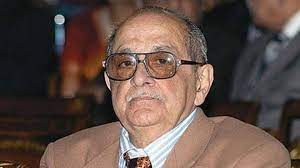
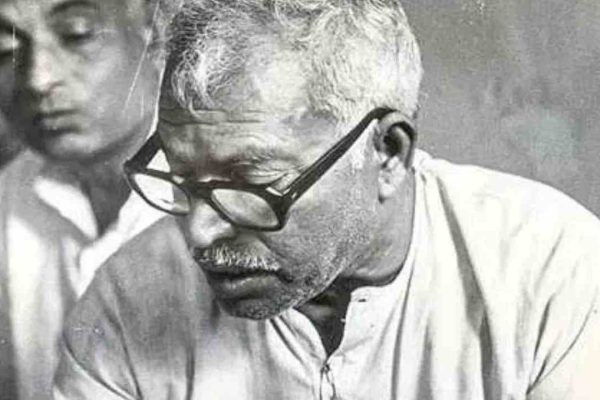






Comments (0)